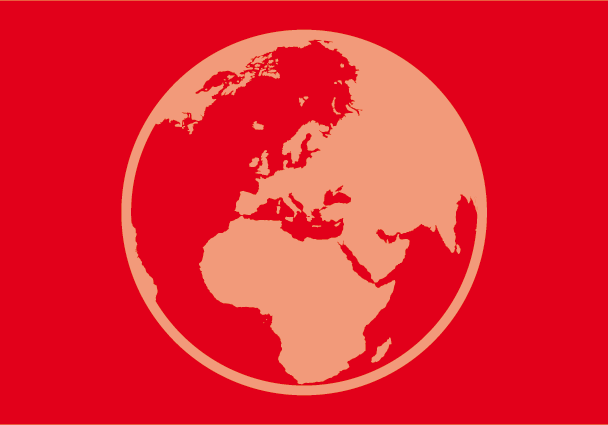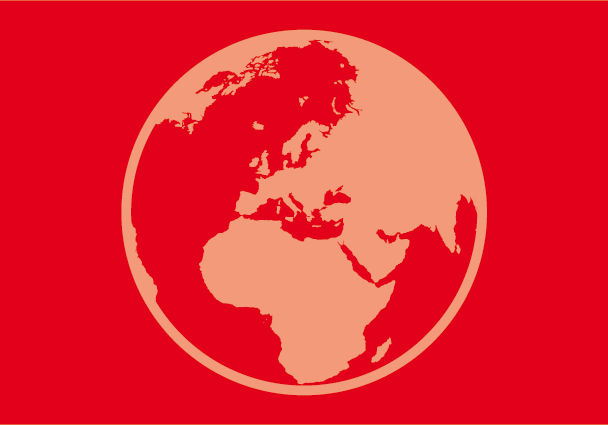 Justice Arthur Chaskalson (South Africa) and Professor Stefan Trechsel (Switzerland), members of the’Eminent Jurists Panel on Terrorism, Counter-terrorism and Human Rights’, ended their visit to Kenya today.
Justice Arthur Chaskalson (South Africa) and Professor Stefan Trechsel (Switzerland), members of the’Eminent Jurists Panel on Terrorism, Counter-terrorism and Human Rights’, ended their visit to Kenya today.
They are part of an independent group of eight jurists appointed by the International Commission of Jurists (ICJ) to examine the global impact of the fight against terrorism on human rights and humanitarian law. The Panel will hold hearings over the next year in all regions of the world.
Information was provided to the Panel members at a hearing, hosted by the Kenyan Section of the ICJ,on terrorism and counter-terrorism by representatives from governments, national human rights institutions, lawyers, civil society and human rights defenders from Kenya, Tanzania and Uganda. The Eminent Jurists also met with members of the Government of Kenya.
During the hearing attention was drawn to broad definitions of terrorism and related criminal offences,increased executive powers to declare individuals or groups as terrorists or terrorist organisations often without judicial remedy and shifts in the burden of proof contained in recently adopted legislation in Tanzania and Uganda. This has given rise to concerns as to their potential abuse against legitimate dissent. Concern was also expressed about provisions of pre-existing security legislation in East Africa, such as the Preventative Detention Act in Tanzania. The eminent jurists stress the need for counterterrorism legislation to define clearly crimes of terrorism in order to comply with the principle of legality.
The eminent jurists were informed of renewed efforts to introduce counter-terrorism legislation in Kenya. They welcome commitments expressed by government ministers whom they met to ensure that the law would comply fully with human rights standards and the Kenyan Constitution. They also welcome the intention to consult with Kenyan civil society in the process of drafting the legislation. During the hearing complaints were raised regarding poor policing, incidents of arbitrary arrest and torture in the investigation of past terrorist attacks in Kenya. Reference was also made to impunity and lack of accountability of law enforcement officers. The eminent jurists welcome assurances given to them by the Minister of Justice and Constitutional Affairs that the present government of Kenya would not tolerate such conduct. The eminent jurists noted with concern the many submissions they received about a perception of vulnerability of the Muslim community in East Africa as a result of counter-terrorism laws and policies. Grave human rights abuses are committed by the LRA in Northern Uganda, which are strongly condemned by the members of the Panel. They recall, however, that this does not alter the duty of the Ugandan Defence Forces to respect their obligations under human rights and international humanitarian law. The jurists learned with grave concern of allegations of torture and ill-treatment of suspected ‘terrorists’, at times in unofficial places of detention in Uganda (‘safe houses’). It appears from the hearings that similar allegations have been made on various occasions in the past and that there has been no effective investigation of them as required under international law. Finally, the members of the Panel would like to thank all the persons who provided them with information, opinions and explanations during their visit.!This material, and other material received over the next 12 months, will provide a resource for the final global report of the Panel.
Background
The Panel consists of high-level jurists who exercise their mandate independently, with the logistical support of the ICJ Secretariat and its network of organizations. In the East Africa hearing the Panel was represented by Justice Arthur Chaskalson, former Chief Justice of South Africa and the first President of the South African Constitutional Court, and Professor Stefan Trechsel, former President of the European Commission on Human Rights and recently appointed judge ad litem to the International Criminal Tribunal for the former Yugoslavia. The other members are Professor Georges Abi-Saab (Egypt), Professor Robert K. Goldman (United States), Hina Jilani (Pakistan), Professor Vitit Muntarbhorn (Thailand), Professor Mary Robinson (Ireland) and Justice Raúl Zaffaroni (Argentina). The Panel will hold hearings around the world over a period of 18 months. On the African continent, the Panel will also hold a sub-regional hearing in North Africa.
EJP hearing-press release-2006 (full text in English, PDF)





